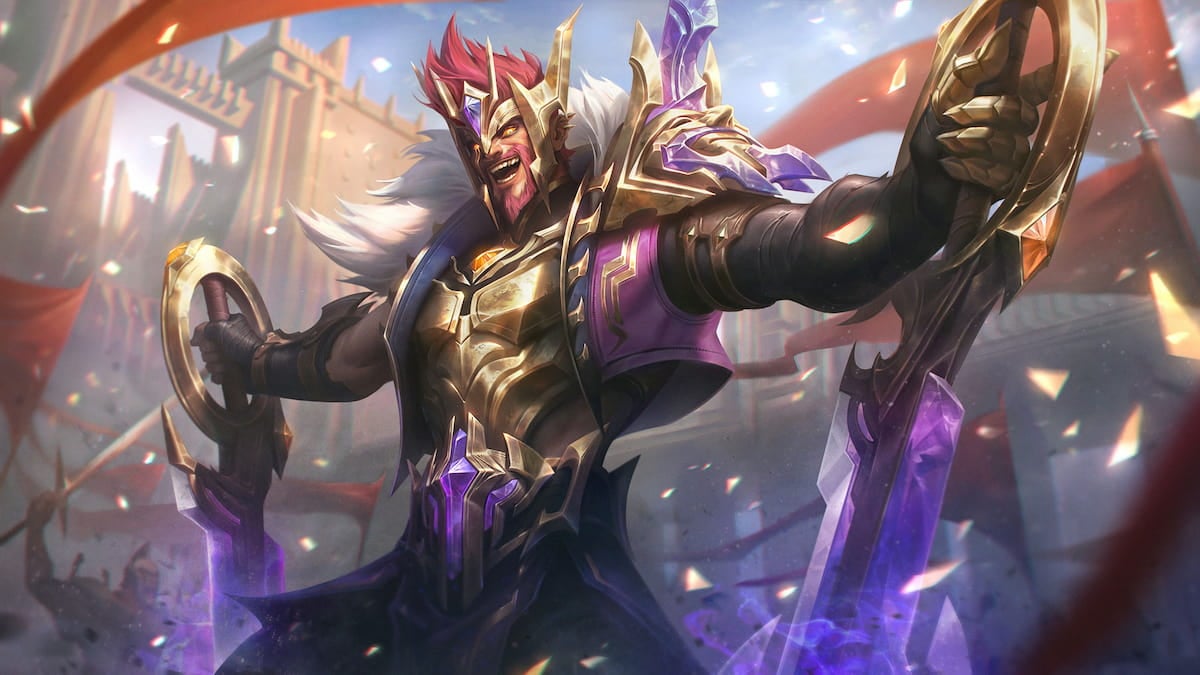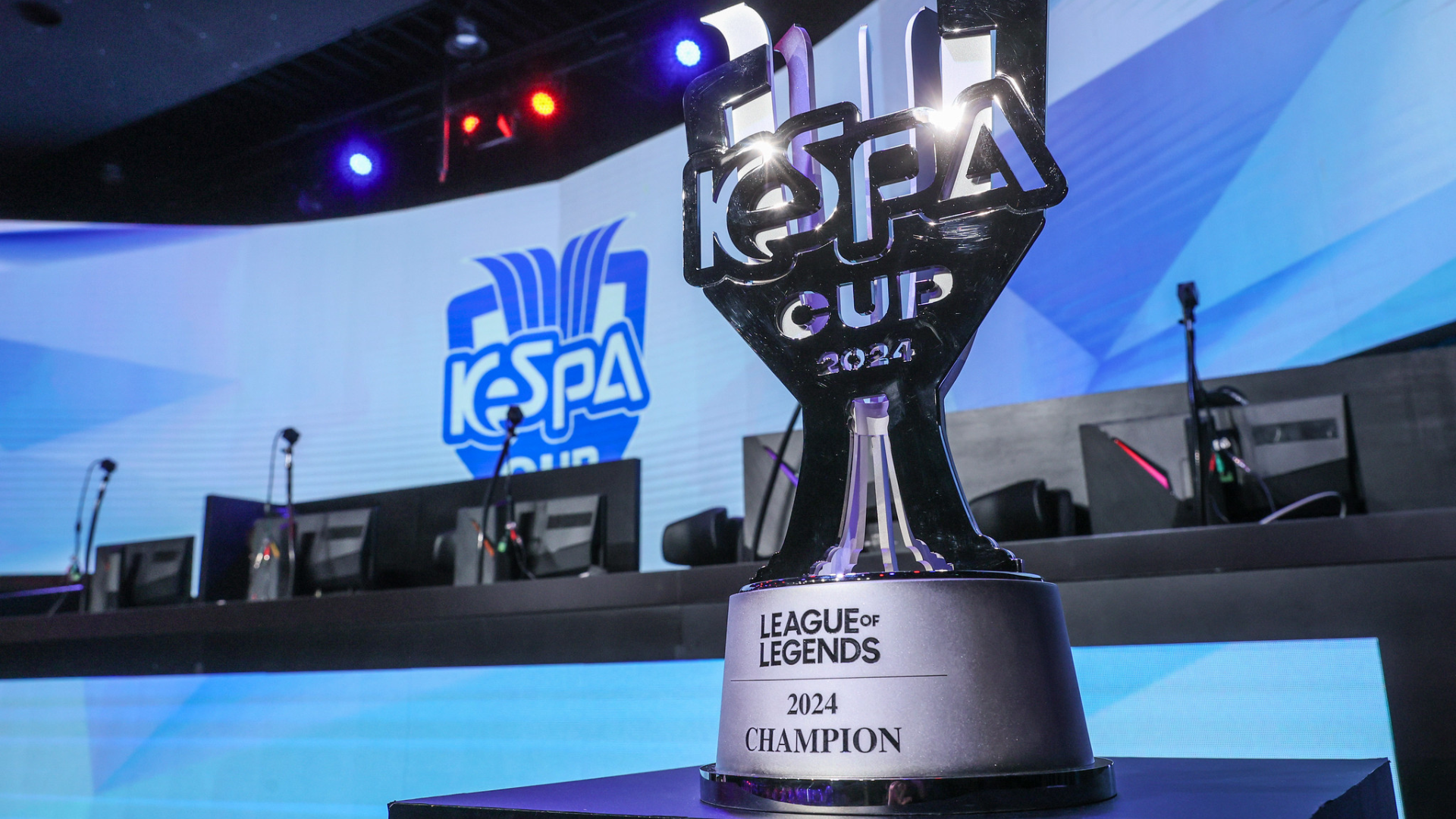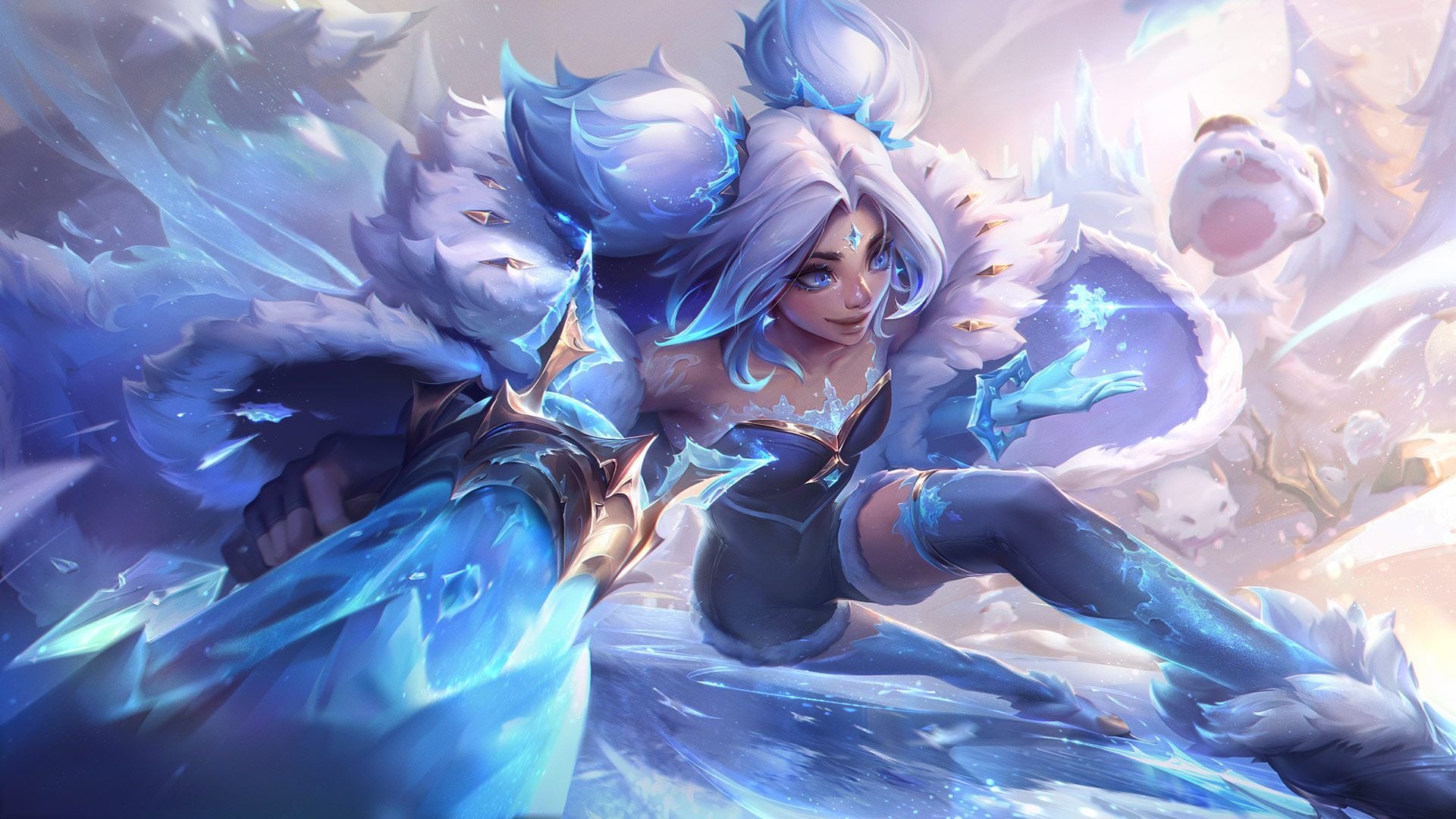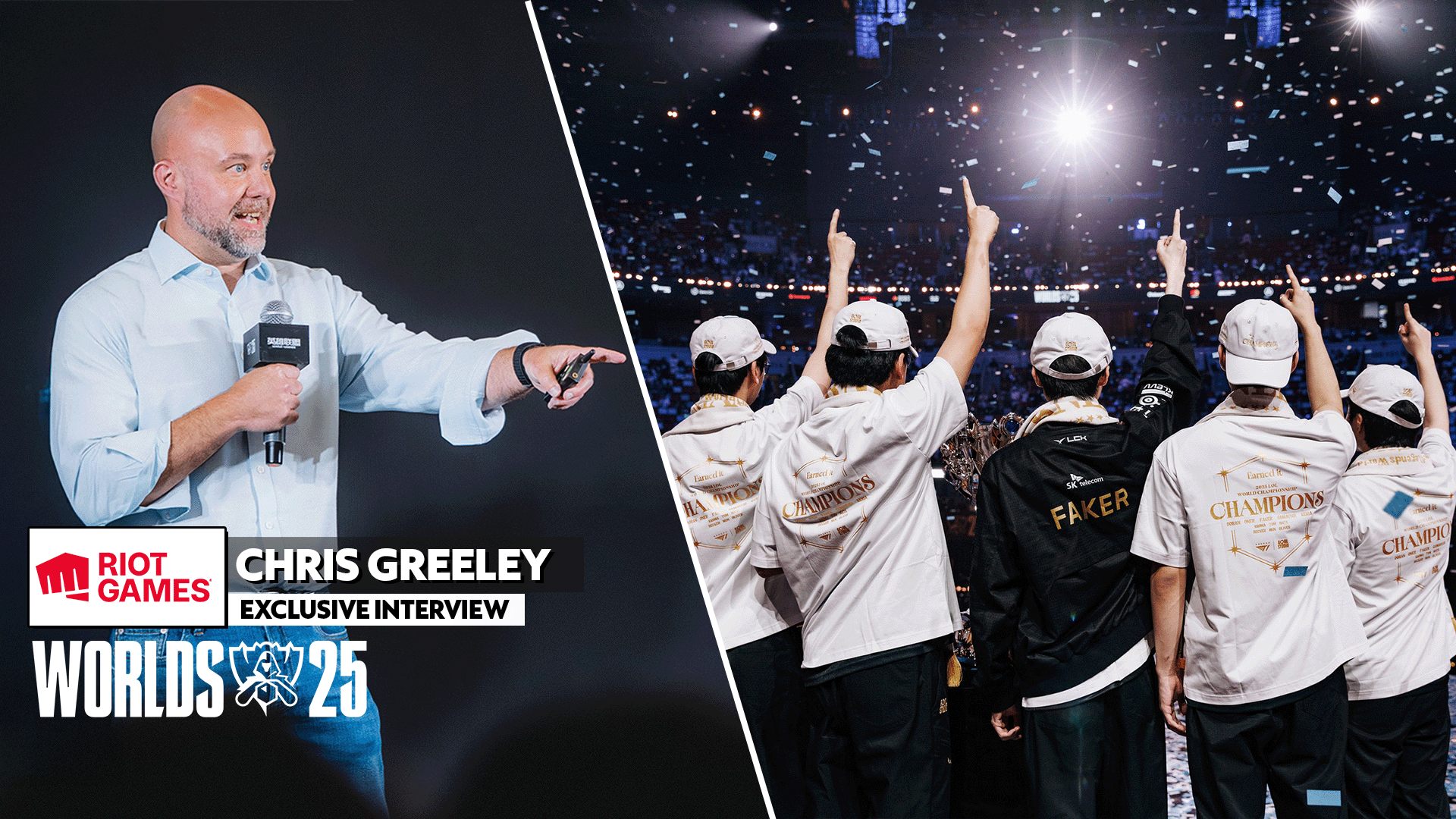Mobility is king in League of Legends. Over the past two years, since the end of the Ardent Censer meta, the best champions in League have overwhelmingly been those with mobility spells. Most of these spells are instant, like dashes or blinks. But other elements, like channeled teleports or movement speed boosts, are also highly valuable.
This all presents major challenges to Riot Games’ balance team. Instead of balancing a few champions with movement spells, whole legions of mobile champions are threatening to take over the meta.
That has major implications with both game balance as well as the fundamentals of what League of Legends is going to look like in the future.
Player driven

Some complaints about mobility surfaced recently on the League subreddit. But in reality, this is an old complaint that’s been around for some time.
The thing is, this all stems from what players want. In response to the recent Reddit post, Riot gameplay researcher Blaustoise found that people prefer more mobile champions.
He also admitted that newer champions tend to come with more mobility. In essence, the amount of mobility in the game creeps up with every new or reworked champion release. Blaustoise offered two possible explanations: Perhaps Riot is designing champions with movement spells because it has realized that’s what players want. Or it’s possible that the company’s view on what’s new and fresh in the game is for champions to jump around and dash over—or through—walls.
The first is a concern, but one that we can’t really criticize. It’s important for Riot to make champions that players want to play. And some of the game’s most beloved champions, like Lux, Ashe, and Garen, have no mobility to speak of. There’s clearly a place for those champions within the player community.
But the second idea is an interesting one. If Riot’s idea for the future of League is to push the envelope with spells and mechanics, with mobility at the core of many of those ideas, it could really turn League into a very different game. And that comes with a unique set of challenges.
Challenges of mobility

The first challenge of mobility is the sheer number of champions with movement abilities. That presents major challenges to the balance team. Back when a few champions had mobility, you could look to other elements of their kit to bring them in line with those without movement abilities. But now, with so many options across so many lanes, it’s become harder to balance a larger number of mobile characters with the rest of the champion pool.
As a result, even if one hyper-mobile champion is bad on a particular patch, chances are there are other mobility options available. And it’s much harder to balance a whole class of champions, especially since they may not have much in common. Examples of mobile champions include Kai’Sa, an ADC, Akali, an assassin, and Aatrox, a bruiser. Outside of their movement spells, they don’t have much in common at all.
The practical effect is that, especially at high elo and in professional play, champions with limited mobility are nearly nonexistent in certain roles. Irelia, Akali, Aatrox, and Sylas have ruled the solo lanes at the professional level for nearly a year. In the bot lane, teams love Ezreal, who can get away from trouble with his E, along with Kai’Sa, with her long-range ultimate. And then there’s Xayah: She has one of the most broken mobility spells in League in that she can shift to being untargetable with her R.
And that even ignores the bot laner with perhaps the most mobility of all. But the thing is, he’s not an ADC. Yup, it’s Tahm Kench. Riot’s repeated efforts to nerf Tahm Kench over the past several patches highlight how busted he is. Teams can use his Devour mechanic as a “get out of jail free” card, saving immobile ADCs from certain doom. And his bonus mobility with his ultimate enables teams to split the map in two.
Riot’s tried to nerf Tahm in multiple ways, but as long as he’s able to do those two things, he’ll be competitively viable. That’s why mobility is challenging. It’s also why it’s not going away.
The future

Tahm Kench’s Devour and ability to take allies flying across the map were novel additions to the game when he was released in 2015. But since then, they’ve become less sexy as even newer mechanics have found their way onto the Rift. The latest Ryze rework even copied Tahm’s ultimate in the form of a team-wide teleportation spell.
The new mobility mechanics that we’re seeing are getting more and more complex. Qiyana has to find the right element to surge toward. Pyke’s E combines a dash with a stun, so he has to judge carefully whether to use it offensively or defensively. Akali can use her ultimate to follow a marked enemy all the way across the map:
Those champions also have a few other things in common: They’re almost uniformly better at the highest levels of play. In solo queue, many of them have pretty dismal win rates, the collateral damage of Riot’s attempts at balance. And yet people still love playing them and love seeing them played onstage in professional matches.
Maybe this is the future of League of Legends. The game was never going to survive if the meta never evolved. Maybe it was fate that older champions with outdated kits will slowly be left behind until they’re bad enough to require a rework that could give them some mobility.
From an esports perspective, the way professional players can pilot high skill cap challenges has always created a game that looks different from solo queue. Azir and Ryze, two poster children of the pro-vs-casual debate, have been balance problems for years and through multiple reworks. But maybe this is the way it has to be, that pros will show us dazzling tricks on hyper-mobile champions that most solo queue players can only dream of pulling off.
In that way, League is trending no differently than any other sport. As sports develop, the professional product has always diverged from casual play. That’s a change League fans should embrace. Like them or not, mobility spells are the future of the game.
All images via Riot Games.













Published: Sep 11, 2019 03:02 pm